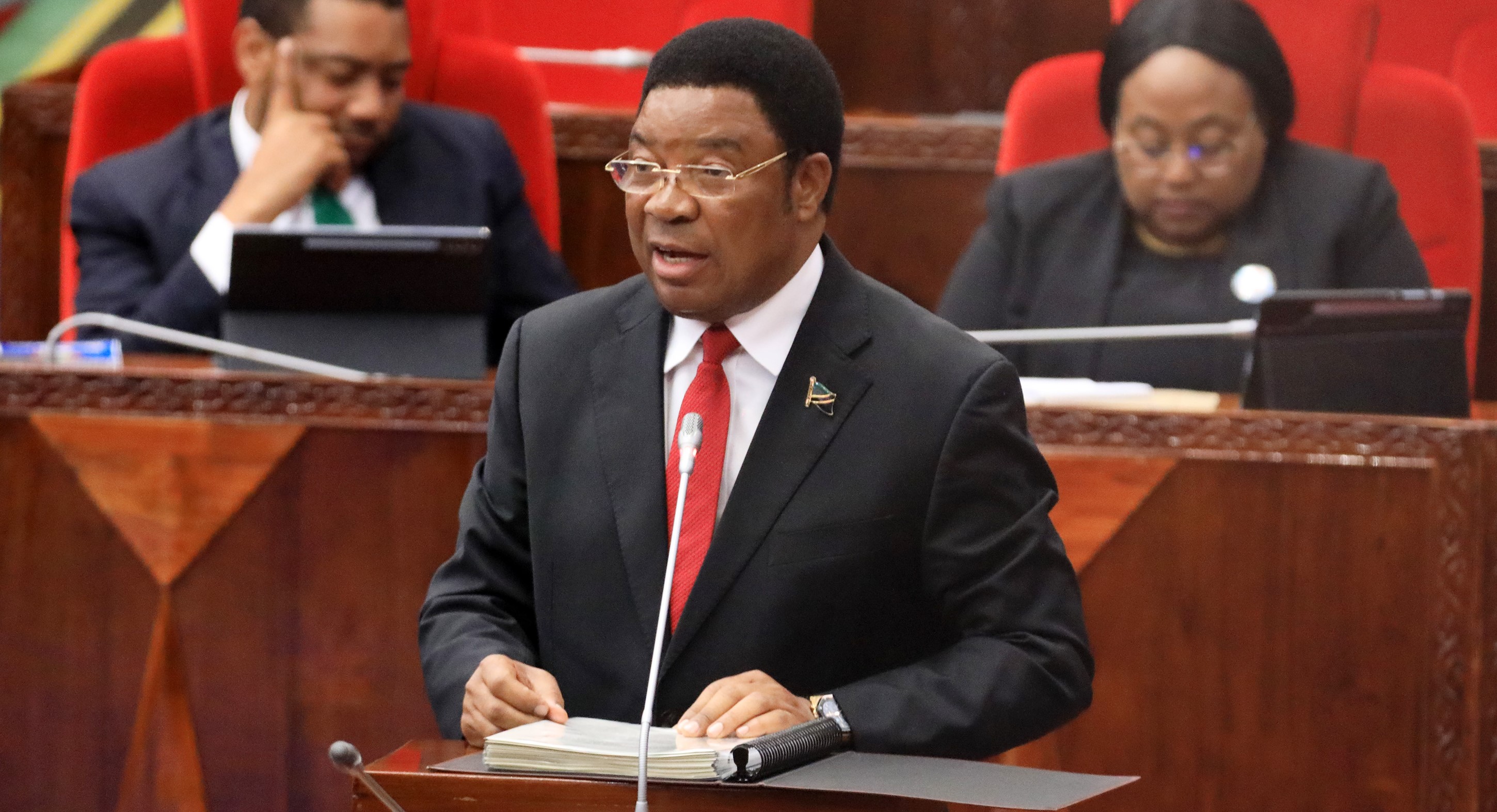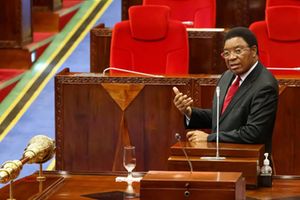Chadema: Primus inter pares or illusory superiority?

What you need to know:
- Chadema’s leaders have been vocal about the status of their party, as the ‘main’ opposition party in the country, and that the President, or the government or CCM cannot ignore them in discussing the future of the country. I find this assertion of Chadema being the ‘main’ opposition party misleading because it is only half true.
President Samia Suluhu Hassan has made it her mission to meet different political groups in the country, on one hand as a way of defusing political tensions and on the other hand, about getting a grasp of the entire picture, and if possible influence the direction of the debates about the country’s political future. Throughout these efforts, Chadema were steadfast in their rejection of being called to a table that involved other opposition parties or in any other efforts which were seen to be led by other political parties.
Chadema’s leaders have been vocal about the status of their party, as the ‘main’ opposition party in the country, and that the President, or the government or CCM cannot ignore them in discussing the future of the country. I find this assertion of Chadema being the ‘main’ opposition party misleading because it is only half true. That aside, to their credit, Chadema got their demand of meeting the president and her party, and other government officials at State House in Chamwino. The irony of this being that, their leaders have protested in the past when CCM met at State House for some of their meetings.
There are several ways one can interpret this. There are those who consider Chadema and their leaders to be selfish by rejecting or undermining the efforts of other parties or groups in bettering the political field. To others, this is a good sign, pointing to improved political relations in the country among different political players. However, Chadema may be driven by something else entirely in their approach to being invited on the table.
The list of the issues Chadema’s secretary general told a press conference was discussed during that meeting at State House is insightful of their strategy. The issues he mentioned were almost all pinned down to the fifth phase government. During that time they suffered huge political losses, with some prominent members either going into exile, or going in and out of prisons. In other words, their political project stalled during that time even though much of what they point out had been happening from the beginning of multiparty politics in the country but they were in no position of political influence like they witnessed under Jakaya Kikwete.
Much of that disappeared under the fifth phase government. In a way, this allowed for Chadema to sidestep all their political miscalculations going back to 2015 and focus on the external foe, a kind they had never faced before, something that is uniting unlike the messy reality of intra-party politics. They do not consider other political parties suffered as much as they did.
An analogy from an African American comedian about non-American black actors playing historically African-American roles may be useful to understand this psyche. The comedian argued that it was impossible to ‘trust’ other non-American black actors to accurately portray or tell the stories of African-Americans because they did not share in their pain hence cannot fully understand them. To Chadema, these other political parties cannot fully tell their stories, their experiences or represent their grievances and their pains.
They can only trust themselves with such a task. This way, they cannot alienate their diehard supporters or make them feel they have been let down.
However, Chadema’s strategy is not entirely about the past.
It is also about influencing the voice of political opposition and shaping the political battle lines of the future. With all their political missteps of the past, Chadema have the most number of influential opposition politicians in half of the country compared to other political parties. That is huge political capital. In a distant past, they thrived through political podiums; playing a huge part in setting the political agenda.
Chadema see cracks from within CCM, and think the current political climate can work in their favour as they navigate the current political terrain. In the current political field, they consider themselves only second to CCM courtesy of the many other opposition parties being severely weakened by infighting or simply the storm of their political capital long blew away or some are still relatively new and others are politically irrelevant.
Does that make them primus inter pares or it is illusory superiority? Either way, others on the political field will hold resentments, making any united front difficult for opposition parties going forward.
Then again, politicians are famously fickle. Don’t hold your breath either way.




